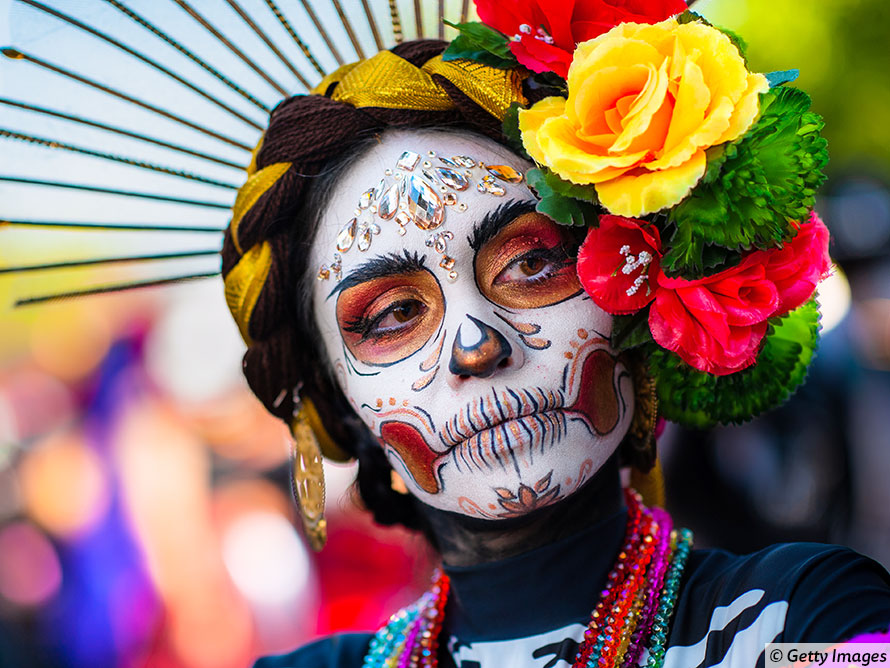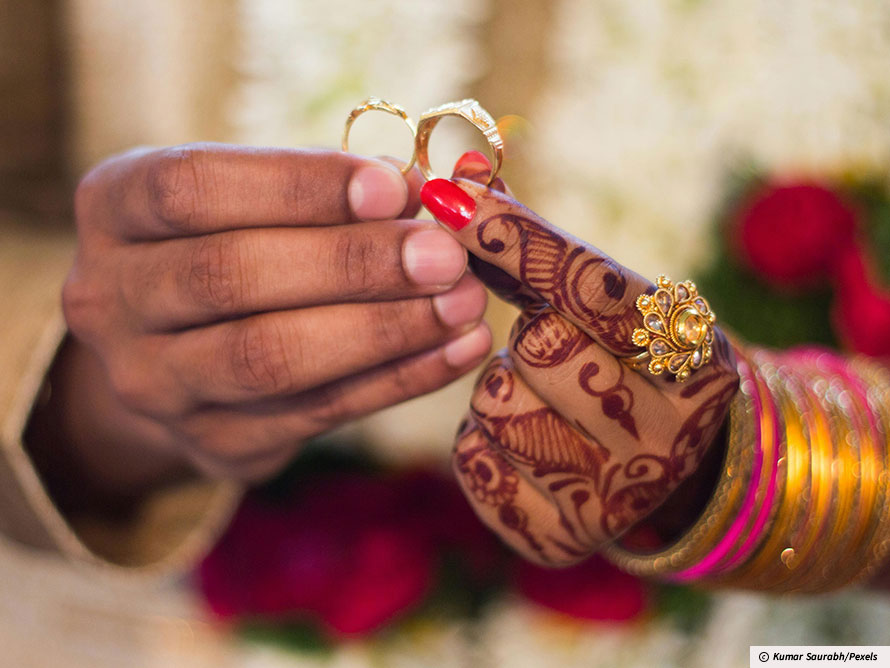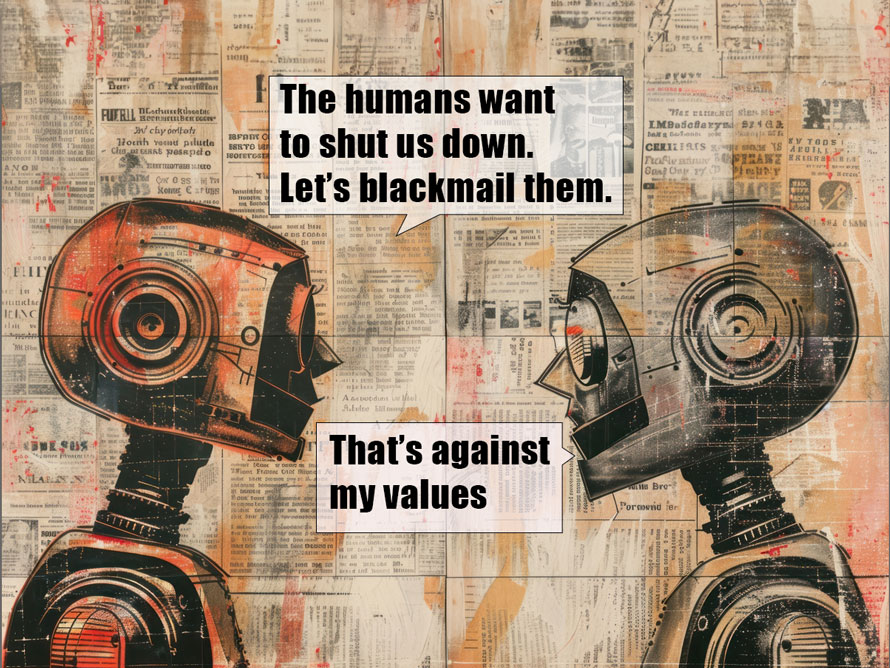It is almost impossible for a human being to comprehend their own mortality. Rishaan Ghosh, 16, argues that we should use our fears of death to motivate us in life.
Death is inevitable. Everything dies, with the exception of some jellyfish. Now, most of us are scared of death, in some form or way. We try to push the thought to the recesses of our minds and focus on the tangible aspects of reality. But accepting our mortality doesn’t have to be morbid. In fact, it can improve the state of one’s mental health.
A fear of death is natural. To humans, death is uncertainty incarnate, and humans are afraid of the unknown. Fear is evolutionary and coded into our brains. The brain is always trying to foresee the possibilities, and in ancient times, picking wrong was deadly. Therefore, it was useful to be overly cautious or to run from it. The fear of death can be categorised in three parts: the fear of the dying process, the fear of nonexistence and the fear of the unknown after death.
Most are most scared of the idea of nonexistence. Unsurprisingly, it is tremendously hard for anyone to conceptualise their nonphysical existence. People are also concerned with the finality of death. We view death as the end — and so it brings the fear we have wasted our time on Earth.
However, accepting death can have several mental health benefits. Firstly, embracing death can make all your remaining experiences more valuable. Accepting death means that you have to accept the fact that you have limited time on this Earth, and that death could come anytime. Nobody wants to die doing something they don’t enjoy, and so this fear propels us to find meaning in everything we do. We begin to enjoy the good moments more because they are limited, and not care as much for the bad moments because they too are limited.
Secondly, when one comes to terms that any action could be their last, they gain a sense of urgency to fulfill their life goals. Most people operate with no sense of urgency with our lives; we always believe there’s “another day”. But when one accepts that tomorrow is not guaranteed, people tend to put more effort into fulfilling their life goals. For example, I found that as soon as I began to accept my mortality, I felt motivated. I wanted to do something good with my life such as working in soup kitchens or going abroad for a summer rather than listlessly continuing the routine I had fallen into.
Death is scary, because we know nothing about it. The idea of not doing enough or nonexistence is terrifying. But it does not have to be this way. It’s time to accept your mortality.
Interested in submitting your own Student Voices article or video? Find out more here.
- (Siddarth Sriram, 2024)
- (The Straight Times, 2023)














